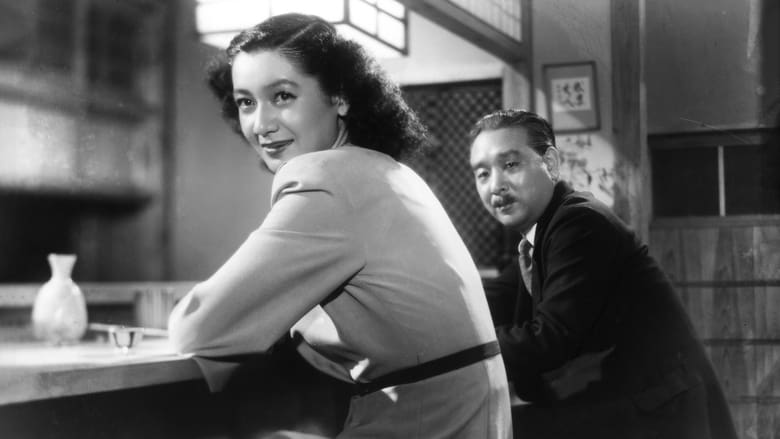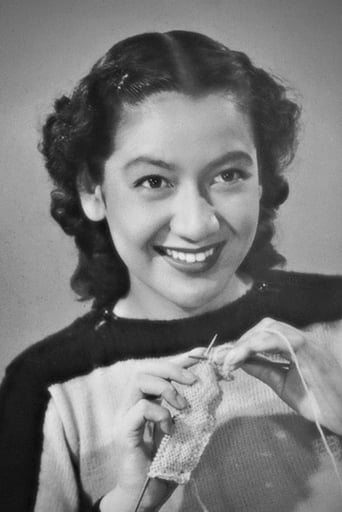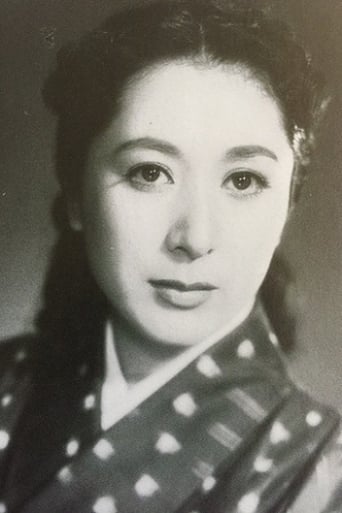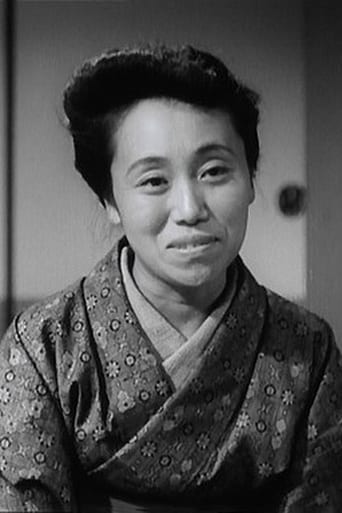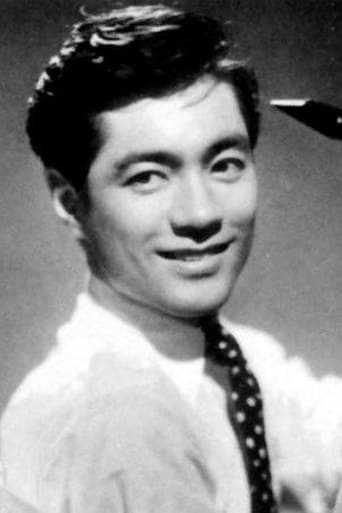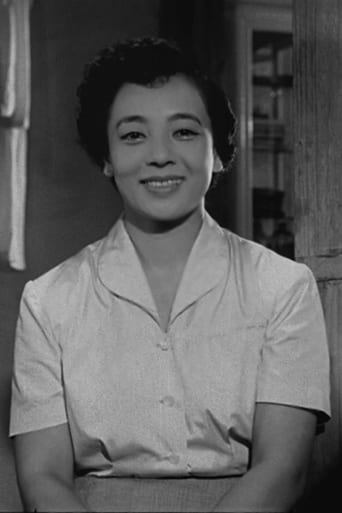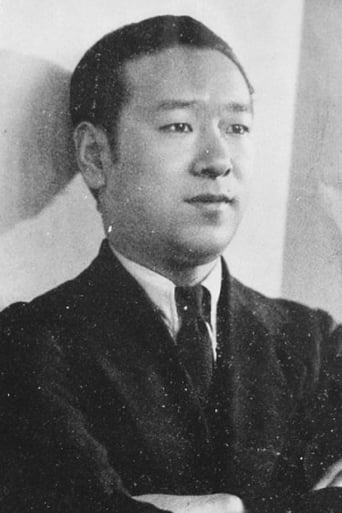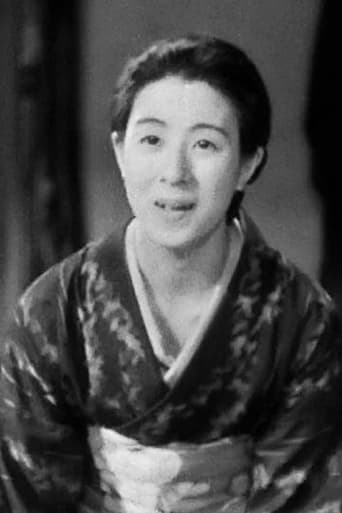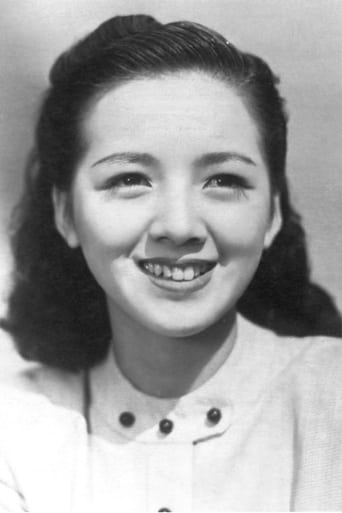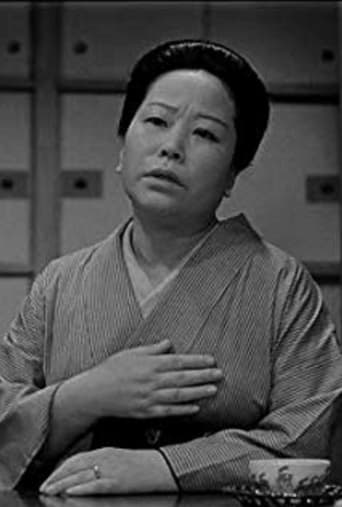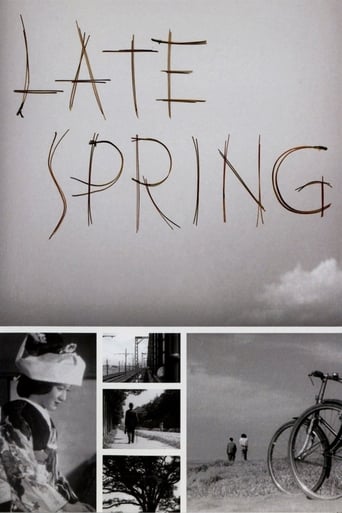
Noriko is perfectly happy living at home with her widowed father, Shukichi, and has no plans to marry -- that is, until her aunt Masa convinces Shukichi that unless he marries off his 27-year-old daughter soon, she will likely remain alone for the rest of her life. When Noriko resists Masa's matchmaking, Shukichi is forced to deceive his daughter and sacrifice his own happiness to do what he believes is right.
Similar titles
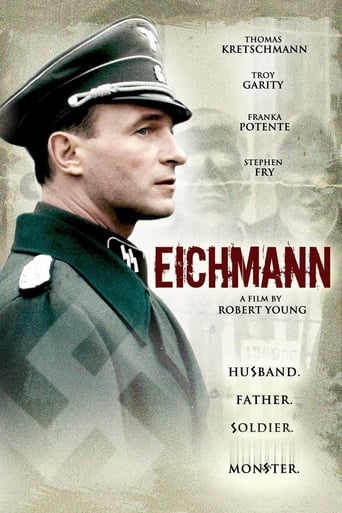
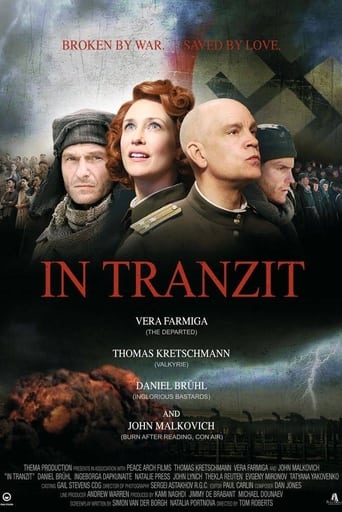
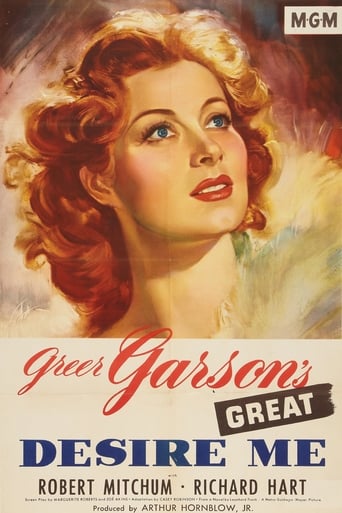
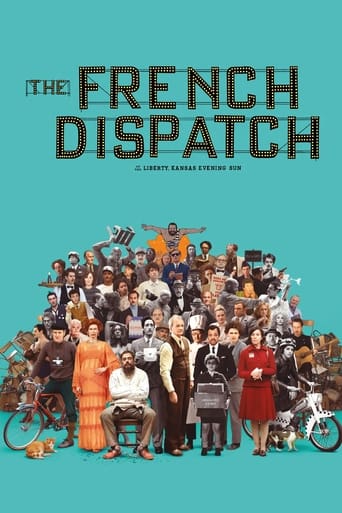
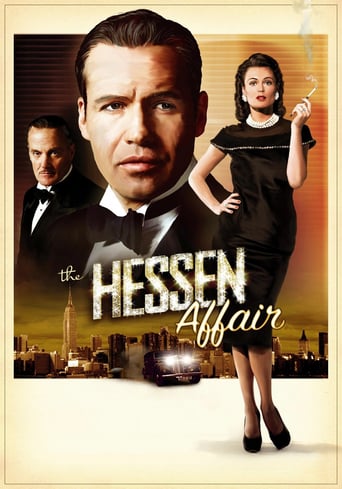
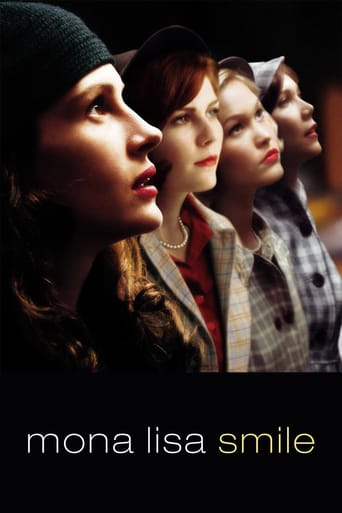
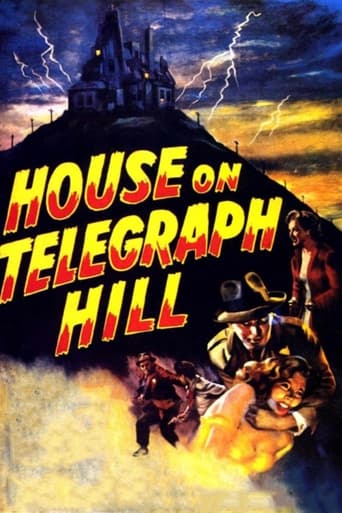
You May Also Like

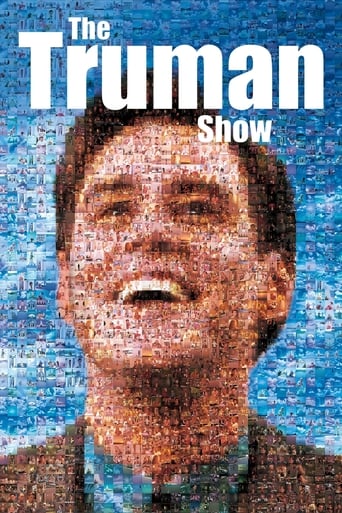
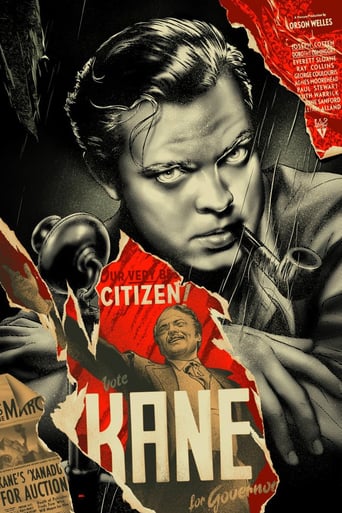
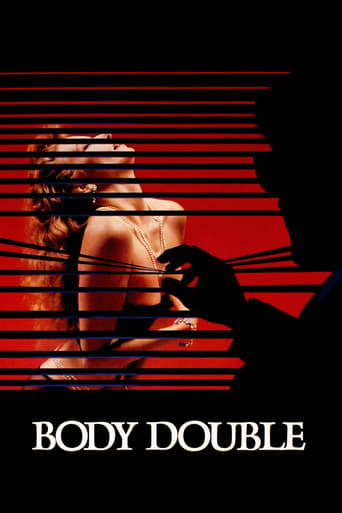
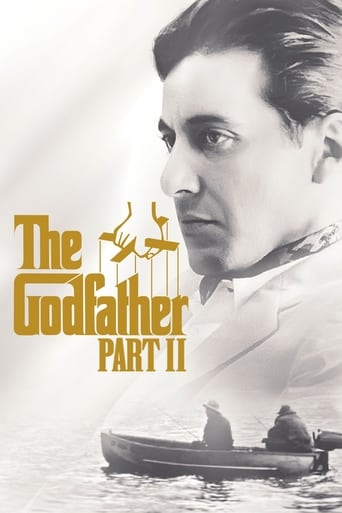
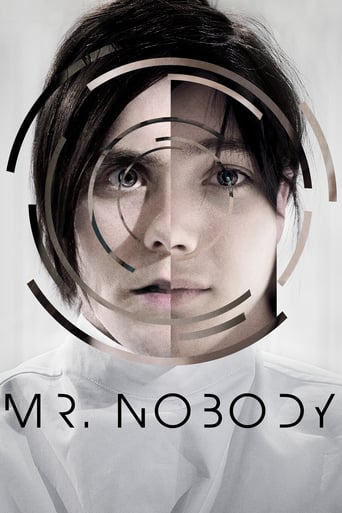
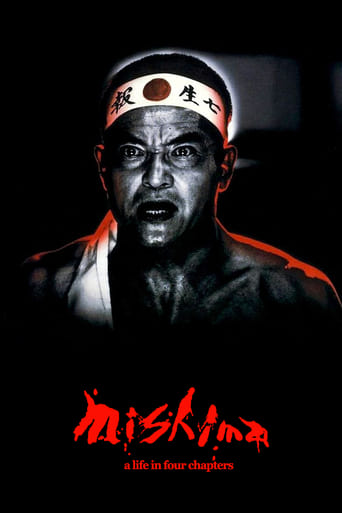

Reviews
Good story, Not enough for a whole film
best movie i've ever seen.
Watch something else. There are very few redeeming qualities to this film.
Fanciful, disturbing, and wildly original, it announces the arrival of a fresh, bold voice in American cinema.
Thanks to tcm, I have lately become an appreciative fan of director Yasuhiro Ozu. While some viewers may find his films lacking in the physical action that they require, I find great beauty in his carefully constructed, framed scenes of quiet human interaction, which are enhanced by his frequent transitions to peaceful views of nature and of imposing buildings, such as the serene pagoda of Kyoto. These contrasting shots away from the human story allow me to reflect deeply about the events and feelings that the central characters, especially the devoted daughter Noriko, experience. Ozu's visually pleasing films allow us a unique opportunity to witness a very critical period in Japanese history as the nation recovers from a humiliating and devastating defeat, including a foreign occupation, in order to redefine itself as a peaceful, prosperous and democratic society, a truly impressive achievement in such a short period of time. Ozu very effectively delivers this era to viewers who would never otherwise experience it.An extra bonus of this film is another wonderful performance by Setsuko Hara as Noriko, the devoted daughter of her widowed father, played very intelligently by Chisu Ryu. With natural beauty and grace, Ms. Hara perfectly portrays Noriko during a very challenging struggle as she weighs an uncertain future against the very comfortable, even blissful, life that she has shared with her father. Haruko Sugimura, who appeared with both Hara and Ryu in Ozu's better known "Tokyo Story", once again plays a meddlesome and somewhat annoying relation, who pushes Noriko into marriage for the mere sake of strict social conformity. One may argue, on the other hand, that we all need an obnoxious aunt to motivate us into leaving our personal zones of comfort for new horizons, but at what price? How much misery must we endure to venture into an entirely different kind of existence? Who among us hasn't suffered through a very serious life change as Noriko does?For me, the ending was very powerful in its quiet understatement, but I won't say any more about it than that.
Ozu by now had reached a sublime maturity in his eye. This flew in the back of two decades of film work of course, it's why I think Ozu continued in the silent format longer than his peers, slowly evolving that eye. The achievement is not in any impeccable composing he does, I'm not interested in an aesthetic look of him. I'm for looking for images that vibrate with a more fleeting sense of life that hides in them, that Buddhist nothingness or nonself that is Ozu's gravestone message (the ideogram "mu" is inscribed there).The film is all about the inevitable necessity of having to go, about separation and stepping out on your own for the long journey of life. In a slightly different context it would have been about death. Here it's marriage, the daughter having to abandon the idyllic childhood home where she lived with her father for so long and open up to the world.I'll keep with me two marvelous scenes that encapsulate this: at the shrine near the end where father and daughter are waving to each other from opposite banks of a stream, and back in their room as they pack up their things and prepare to go, it's as if a last farewell is understood, quietly hanging in the corner of the room. All you need to know is right there in these scenes, powerfully conveyed with resonance, each one a parting memory.On the other hand a forward-looking sense about the future is missing in the girl, an even mildly curious excitement as ambiguous counterpoint to the sadness, something constructive about the journey ahead. Leaving her simply crushed and resigned that she must go gives me a somewhat unpleasant sense, an almost neurotic childishness in the character. Here I encounter again Ozu's persistent flaw from previous films, made all the more obvious because he is so refined by now in every other respect. The realization of why she must go doesn't spring from inside, it does not dissolve visually in the air. It comes in a long instructive speech by the father. Ozu's eye is clear, the story is lucid flow. But the deeper point is resolved as ordinary drama, from the outside.This makes me all the more curious about his next films in this his more celebrated period. These flaws are interdependent, inner realization in the story and wholly cinematic brushstroke from it. Both are a matter of meditating, of embodying the insight rather than saying it out loud. So it might be that this is only the first step of a larger journey about a character like Noriko, that Ozu grows himself as he looks to sculpt a more effusive insight about being. The titles of some of his later films imply a connectedness. I pick up the thread there.
A heartwarming, amazing, impeccable film. I still remember the shock I felt when I saw this. Such a visually radical, contemplative film full of so much emotion that it's bursting at the seams. The same atmospheric quietude that there's in all of his late films, contemplative but so telling and never silent, much like the performances, particularly that of Hara Setsuko. Then there's the humor: there are some of the most hilarious things in this film that I know of, including Chaplin, Keaton, Lloyd and the Marx brothers.The story appears simple, of course. That's the Ozu way — a simple skeleton that he uses to build on, visually, above all. The first shot at the beginning of the film, perhaps the third or fourth of the whole film, when we enter the house for the first time, is such a powerful transitory shot spatially that it gives me goosebumps: first a few introductory shots outdoors, the train station and so on, and then suddenly we enter the confined space of the house as if we were lying on our belly on the ground, looking at a room from the far end of the hallway. And then Noriko (Hara) enters.The movie is full of such magical moments. The most famous scene of the film, that at the Noh theatre, is one, them leaving Kyoto for the last time is another, the final scene of the film being the logical emotional climax. It's marvelous, really: it's not over the top as if it tried either to go for realism or mechanically manipulate our emotions. On the contrary, I believe Ozu succeeds emotionally because his films open quietly and slowly. He doesn't push us into accepting anything, and he doesn't push his characters into doing anything, either. Marvelously crafted as if everything just appeared in front of our eyes without any rehearsal. It's a sign of a great filmmaker to let us into the film so deeply. The images stay.
As in the films of Bresson, to Ozu the purity of style always coincides with an uncompromising moral perspective. He never lets his characters nor his audience get away from a profound dilemma with an easy answer. Thus, Ozu's films are always veritably life-enhancing, exhaustive, in the word's most definitive meaning. In "Late Spring" Ozu's mature, extremely laconic style is at its most developed before his subsequent films in which he went to define it even further. The movement of the camera is precisely considered; it is often positioned approximately one meter from the ground, and often left to explore the space long after the action has taken place. The lingering narrative of "Late Spring" fits very well for Ozu's understated poetry which encapsulates his whole vision of humanity and the world. The impressionistic picking of details in the aesthetics triggers associations to various thematic contrasts, such as infinity and insularity, but in addition to such stylization the film bears a striking resemblance to Italian neo-realism with its documentary-like observations and dark visual tones. The quiet emptiness of the beginning shots -- the essence of Ozu's poetics -- and their atmosphere remain as an echo in all of the scenes of "Late Spring" where there are no superfluous images. In his unique style Ozu has set the rhythmic pace for the junctions of the scenes with brief shots of nature that seem to express the transience of life; the importance of moments; and their absolute beauty. Once again Ozu deals with the theme of collision of generations as people must ponder responsibility and freedom with regards to tradition and family. Not surprisingly, the film has no black and white solutions to offer. Ozu's honest pessimism, his Chekhovian wisdom of life; and Buddhist acceptance merge together in the beauty of his aesthetics. At its heart, "Late Spring" is one of his most profound meditations on happiness, its pursuit, limits, nature and impossibility.When it comes to the story or narrative of "Late Spring," it is vital to discuss inner drama. For this is truly a film about characters who cannot express themselves, their true desires and wishes. It is to them whom Ozu gives his silent and tender interpretation, understanding their deepest experience of existence. In this sense, "Late Spring" can be seen as a universal tragedy of the difficulty of expressing oneself; of revealing one's innermost emotions and dreams.
Top Streaming Movies











